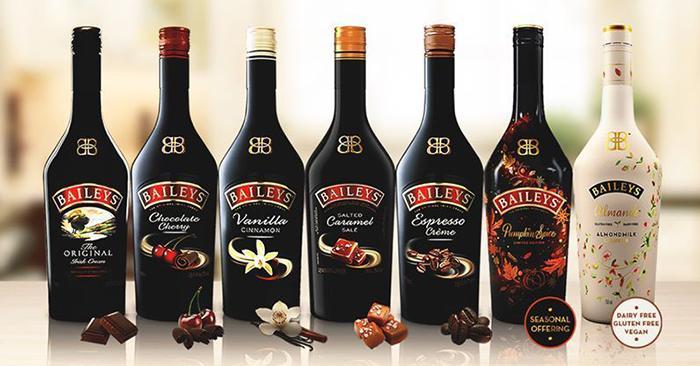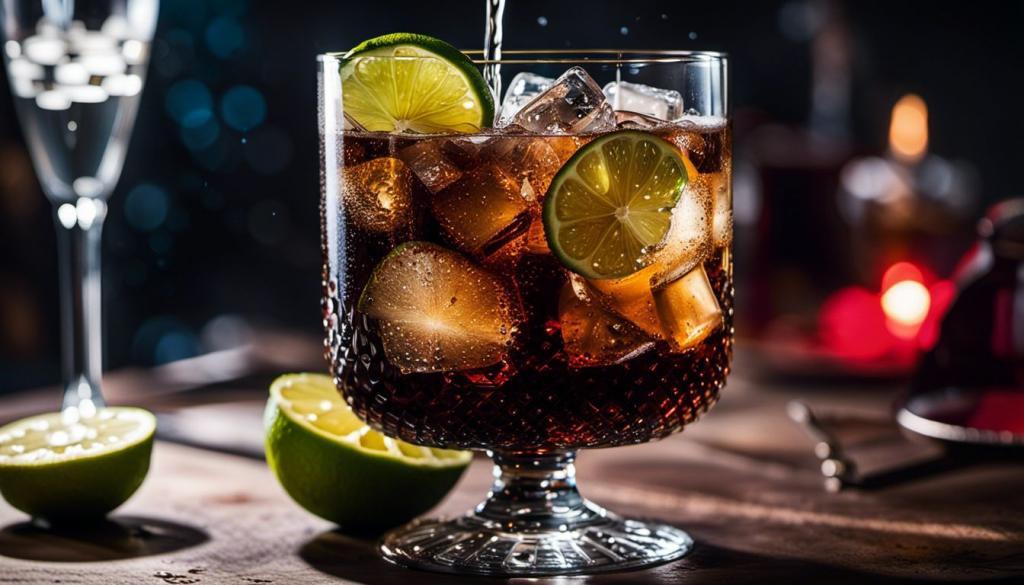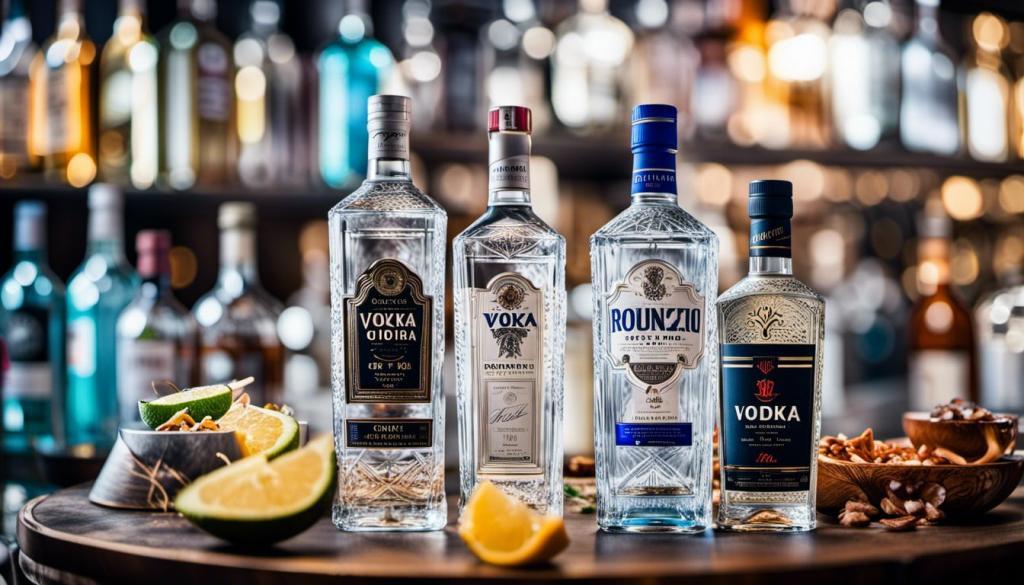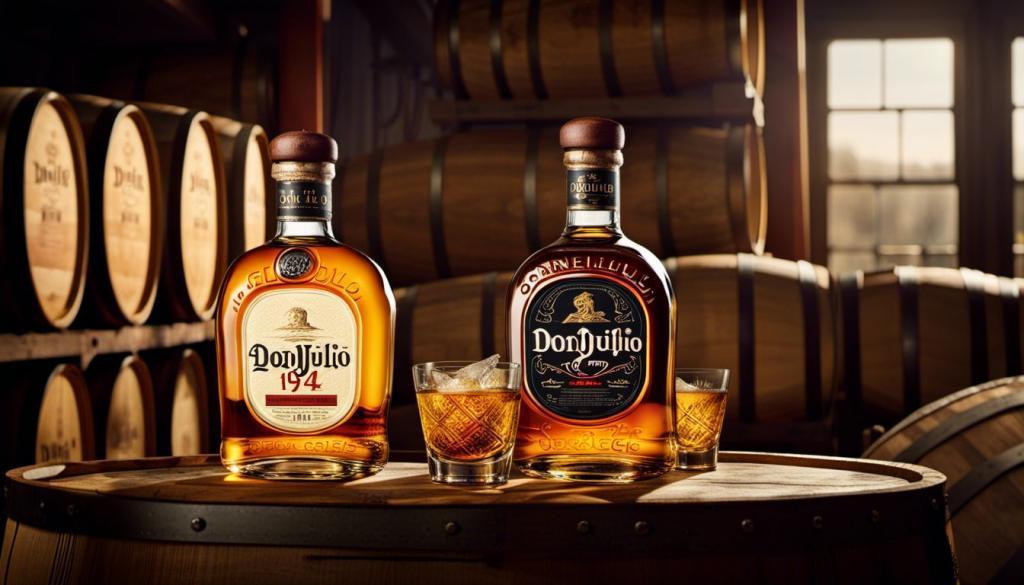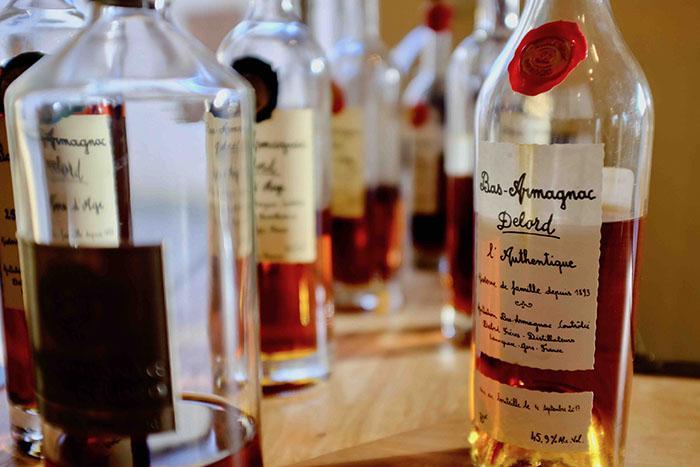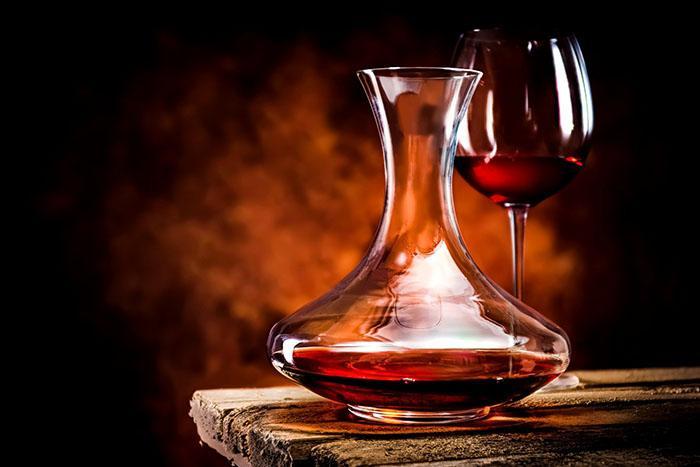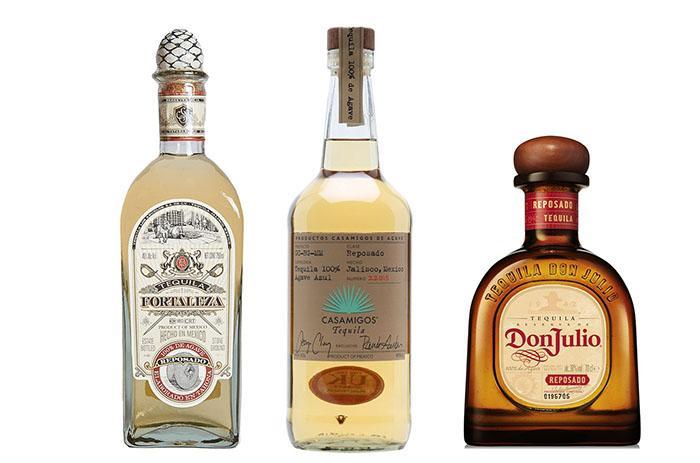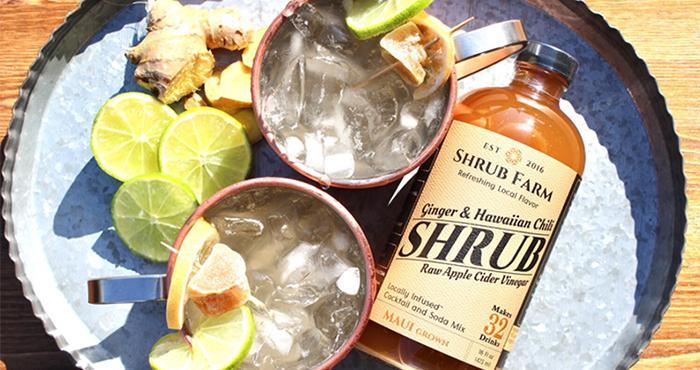Pondering over whether that old bottle of vodka in your cabinet is still safe to drink?
You may be surprised to learn that liquor with an alcohol content of 40% does not have an expiration date.
You Are Watching: Does Alcohol Expire Updated 07/2025
In this article, we will delve into the factors affecting the shelf life of various alcoholic beverages and guide you on how to identify if they’ve lost their zing.
Keep reading; it’s time to become a savvy sipper!
Does Alcohol Expire?
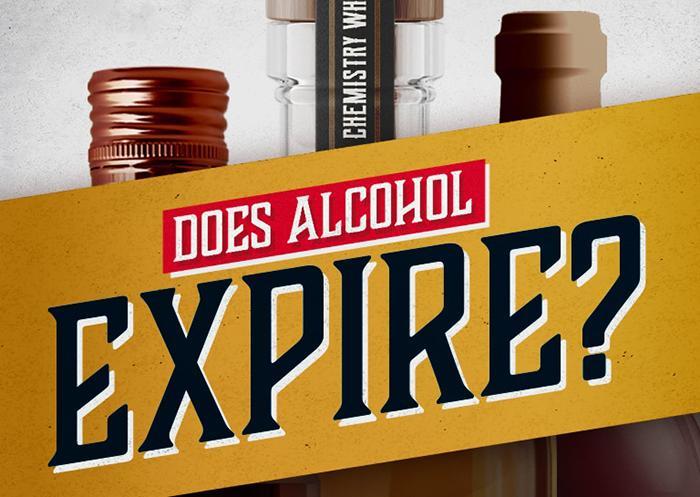
Alcohol does not technically expire, but its shelf life can be affected by various factors such as the type of alcohol and how it is stored.
Factors that affect the shelf life of alcohol
Alcohol shelf life depends on several factors that influence its storability and overall quality over time.
- Alcohol Content: The amount of ethanol can extend the shelf life of your alcohol. Liquor with an alcohol content of 40% does not have an expiration date because of high alcohol content.
- Type of Alcohol: Certain types, such as beer, can go bad and develop an off taste while spirits like vodka, gin, rum, tequila, and whiskey are shelf stable indefinitely.
- Packaging: Spirits in unopened bottles that have remained sealed are still safe to drink even decades later.
- Storage Conditions: Temperature fluctuations, exposure to light and inappropriate storage could ruin the flavor and color of alcohol. Liquor is shelf stable but only maintains its original flavor profile generally for a year once opened.
- Material Interactions: Glass bottles tend to preserve the flavor better than plastic containers.
- Additives or Flavorings: Added ingredients may shorten lifespan; for instance, flavored vodka may not keep as long as pure spirits.
How long different types of alcohol last
The shelf life of different types of alcohol varies significantly, depending primarily on the ethanol content.
| Type of Alcohol | Shelf Life (Unopened) | Shelf Life (Opened) |
|---|---|---|
| Liquor (40% alcohol content) | Indefinite | Up to a year before flavor loss |
| Beer | 6-9 months
|
1-2 days |
| Vodka, Gin, Rum, Tequila, Whiskey | Indefinite | Indefinite, though flavor may diminish after a year |
| Rubbing Alcohol and Ethyl Alcohol | Check expiry date on the bottle | Check expiry date on the bottle |
Signs that Alcohol Has Gone Bad
Alcohol that has gone bad can be identified by changes in color, taste, and smell, as well as the presence of sediment or mold.
Changes in color, taste, and smell
- Expired alcohol may undergo changes in color, taste, and smell, indicating that it has gone bad.
- The color of the alcohol may become darker or develop a cloudy appearance.
- The taste can become unpleasant and may have a sour or rancid flavor.
- The smell of expired alcohol can be off – putting and may resemble vinegar or rotting fruit.
- These changes occur due to the breakdown of organic compounds in the alcohol over time.
- It’s important to trust your senses and avoid consuming alcohol that has noticeable changes in color, taste, or smell.
- While some natural variations in taste and aroma can occur in certain types of alcohol, drastic changes are typically a sign of spoilage.
- If you notice any unusual changes, it is best to err on the side of caution and discard the expired alcohol.
Presence of sediment or mold
When alcohol has gone bad, it may develop sediment or mold. Sediment refers to solid particles that settle at the bottom of the bottle and can be a sign of spoilage.
Read More : Popular Korean Liquor Updated 07/2025
Mold, on the other hand, is visible as fuzzy growth on the surface of the liquid or around the bottle’s rim.
Both sediment and mold indicate that something is not right with your alcohol and it should not be consumed.
These signs are especially important to look out for if you have kept a bottle for an extended period or if it has been improperly stored.
Risks of Consuming Expired Alcohol
Consuming expired alcohol can pose potential health risks and lead to unpleasant experiences.
The alcohol may lose its taste and aroma, and in some cases, it could develop harmful substances such as mold or bacteria.
This can result in symptoms like stomach discomfort, nausea, vomiting, or even more severe complications if consumed in large quantities.
It is important to be cautious and check for any signs of spoilage before consuming expired alcohol.
Possible health effects
- Drinking expired alcohol may lead to gastrointestinal issues such as nausea, vomiting, and stomach pain.
- Expired alcohol can also cause headaches and dizziness due to the breakdown of chemical compounds.
- Consuming expired beer can result in a sour taste and potential bacterial contamination, leading to food poisoning symptoms like diarrhea and fever.
- Mold growth on expired alcohol can cause respiratory problems for individuals with allergies or compromised immune systems.
- Long-term consumption of expired alcohol can increase the risk of liver damage and other organ-related issues.
Impact on taste and enjoyment
Expired alcohol can have a noticeable impact on its taste and enjoyment. Over time, liquor that has gone bad may develop off-flavors and aromas, making it less enjoyable to drink. The once smooth and vibrant flavors can become dull or even unpleasant.
This deterioration in taste can take away from the overall experience of sipping your favorite spirits.
It’s important to keep in mind that while expired alcohol might not make you sick, it won’t provide the same level of satisfaction as fresh, well-preserved liquor.
Read More : What Is Courvoisier Updated 07/2025
So, if you want to truly savor your drinks, it’s best to consume them before they reach their expiration date or start showing signs of going bad.
Proper Storage and Handling of Alcohol
To maximize the shelf life of alcohol, store it in a cool, dark place away from direct sunlight and heat sources.
Tips for maximizing shelf life
To maximize the shelf life of your alcohol, consider these tips:
- Store it properly: Keep your alcohol in a cool and dry place away from direct sunlight. Exposure to heat and light can degrade its quality.
- Seal tightly: Make sure to close the bottle tightly after every use. This helps prevent air from entering and oxidizing the alcohol.
- Avoid temperature fluctuations: Extreme temperature changes can negatively affect the taste and potency of alcohol. Keep it away from areas that experience frequent temperature shifts.
- Keep it upright: Storing bottles upright helps minimize contact with air, reducing the risk of spoilage.
- Don’t mix different types of alcohol: Mixing different types of spirits in one bottle can alter their individual flavors and potentially lead to spoilage.
- Use clean glassware: When pouring alcohol into a glass, ensure that it is clean and free from any residues or contaminants.
- Avoid contamination: Don’t touch the inside of the bottle or pour alcohol back into the original container after being poured into a glass, as it can introduce bacteria or other contaminants.
- Don’t dilute with tap water: If you need to dilute your alcohol, use distilled or filtered water instead of tap water, which may contain impurities that could affect its quality.
- Follow expiration dates (if applicable): Some flavored spirits or products containing perishable ingredients may have expiration dates—make sure to follow them for optimal quality.
How to store opened bottles
Here are some tips on how to store opened bottles of alcohol:
- Keep it upright: Store opened bottles of alcohol in an upright position. This helps prevent any potential leaks and ensures that the liquid inside remains intact.
- Seal it tightly: Make sure to tightly seal the bottle after each use. This helps prevent air from entering and oxidizing the alcohol, which can affect its flavor over time.
- Avoid direct sunlight: Store opened bottles in a cool, dark place away from direct sunlight. Exposure to sunlight can not only affect the taste but also degrade the quality of the alcohol.
- Maintain consistent temperature: Fluctuations in temperature can impact the quality of alcohol. It’s best to store opened bottles at a consistent room temperature, away from any extreme heat or cold.
- Avoid temperature changes: Rapid temperature changes can cause expansion or contraction of the liquid inside the bottle, potentially leading to leaks or spoilage. Try to avoid storing opened bottles near appliances or areas with frequent temperature fluctuations.
- Use proper closures: If you no longer have the original cork or cap for your opened bottle, consider investing in alternative closures such as wine stoppers or pour spouts with caps. These help create a tight seal and protect the alcohol inside.
- Keep away from strong odors: Alcohol has a tendency to absorb odors around it, so it’s essential to keep opened bottles away from strong-smelling substances like cleaning agents or spices that could alter its flavor profile.
Importance of reading labels and following expiration dates
While many alcoholic beverages, especially those with a high alcohol content like vodka, gin, rum, tequila, and whiskey, are considered shelf stable indefinitely, it is still crucial to check for any specific instructions or recommendations from the manufacturer.
Additionally, some spirits that contain lower amounts of ethanol may have an expiration date printed on the label.
By paying attention to these details and adhering to the suggested timelines, you can ensure that you are consuming alcohol at its best quality and taste.
Conclusion
In conclusion, while alcohol, especially high-proof spirits, does not technically expire or become unsafe to drink, it can lose its flavor and quality over time.
It is important to store and handle alcohol properly to maximize its shelf life and enjoyment.
Always check for signs of spoilage before consuming expired alcohol. Remember that moderation is key when it comes to alcohol consumption.
Sources: https://chesbrewco.com
Category: Wine

